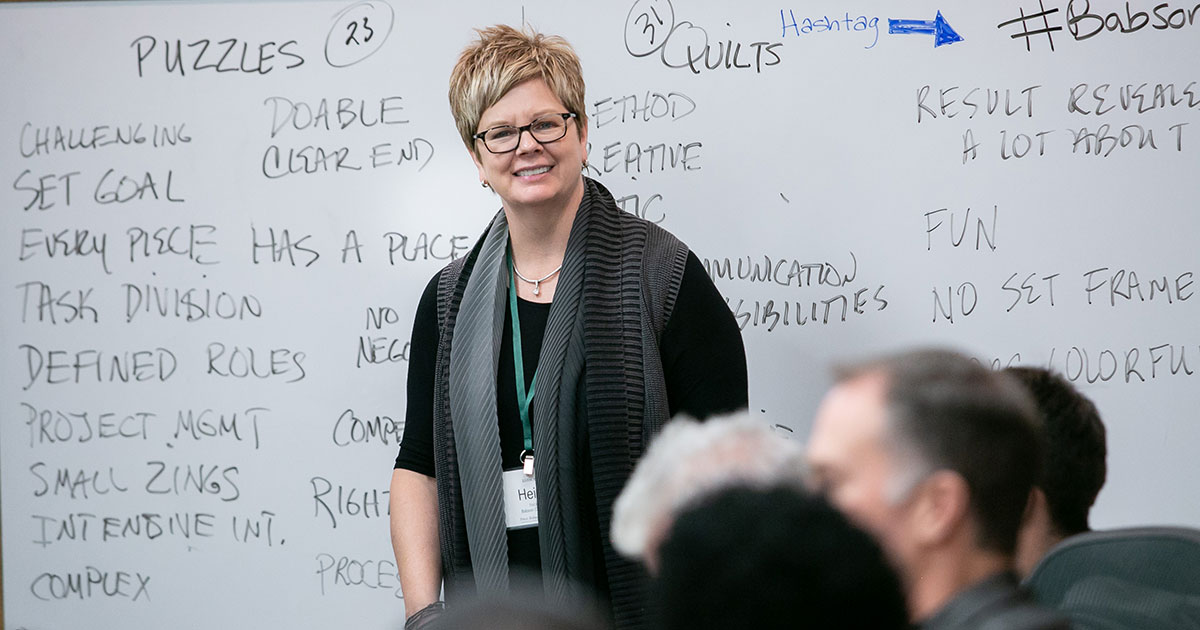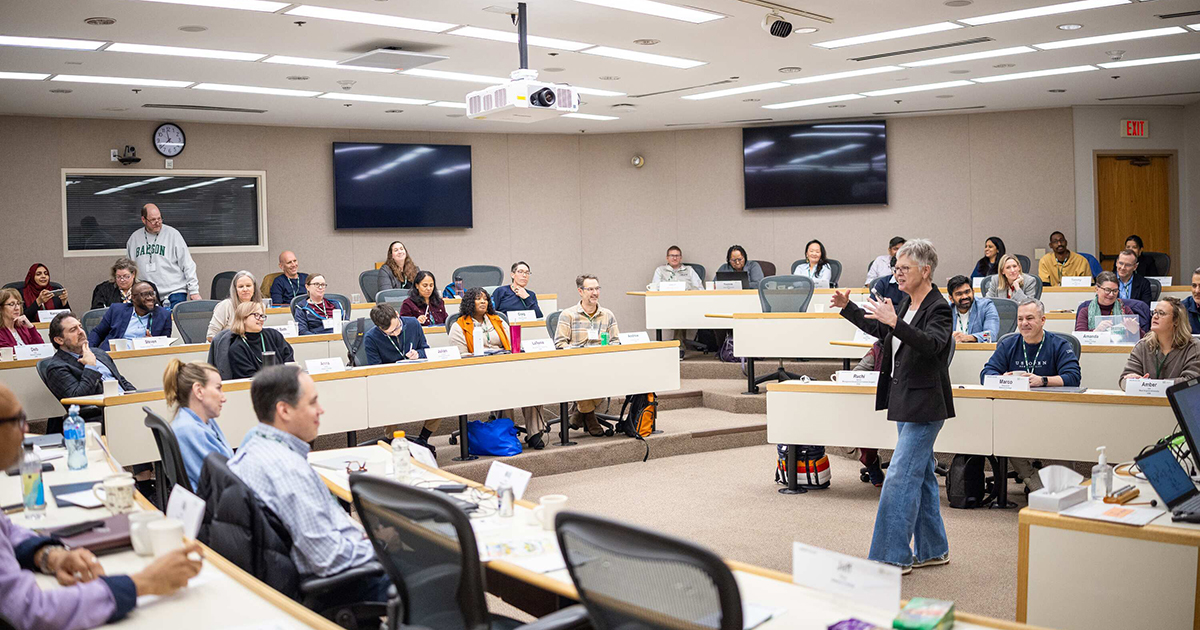So You’ve Been Asked to Teach Entrepreneurship. Now What?

Throughout the past 10 years, I’ve trained almost 2,500 entrepreneurship educators from around the world.
I’ve talked to, and been inspired by, educators of all types. They share a common and contagious enthusiasm for entrepreneurship education. But their backgrounds often differ.
There’s the “second chapter” entrepreneurship educator who has sold one or more businesses and now wants to teach. Then there’s the career business academic who is known more for research than for inspired teaching. The “pracademic” who has a Ph.D., but also has the requisite start-up and business experience that students love. The “OMG” educator who was told by someone higher up in the university to build an entrepreneurship center, develop a major or minor, or teach an entrepreneurship class for the first time, and who has no idea how to start.
I’m energized by every educator I meet. But when I’m standing at the front of a room, about to facilitate a session to help educators think, act, and teach more entrepreneurially, I keep an eye out for that last subset of participants—the ones who have recently been told that they must teach entrepreneurship or build out an entrepreneurship program. I can see it in their eyes and hear it in their voices when they speak: fear.
Rule One for Teaching Entrepreneurship: Don’t Be Afraid
Fear of teaching a course they’ve never taught before. Fear of not knowing all of the answers. Fear of not knowing where to start. Fear of failing.
But that fear is natural. We should all be scared when teaching a course for the first time. My advice: Use the adrenaline and anxiousness to your advantage.
Babson’s method of teaching entrepreneurship is rooted in Entrepreneurial Thought & Action® (ET&A™). ET&A emphasizes smart action over planning. It emphasizes moving quickly from the whiteboard to the real world. It’s a method that can be learned and should be repeated. At the Babson Academy for the Advancement of Global Entrepreneurial Learning, it’s how we develop faculty to teach entrepreneurially, engage students in various bootcamp-style programs, and convene universities to collaborate in building innovative entrepreneurship programming. Another critical component of ET&A: it’s a method that can be practiced to welcome and confront uncertainty rather than avoid it.
With that in mind, let’s explore how to embrace the fear that new entrepreneurship educators may feel in order to turn it into opportunity and action.
First, remember that it’s impossible to know the answers to all of the questions you will get in teaching an entrepreneurship course. It’s foolish to think you will have all the correct answers. The answers keep changing, after all.
Get unstuck by finding a community of educators who are going through similar challenges. At Babson, the Babson Collaborative for Entrepreneurship Education convenes those building and expanding entrepreneurship programs around the world. I’ve learned that entrepreneurship education cannot be done one way only or done alone. We need community and collaboration.
And when it comes to failure, don’t fear it. Embrace it. Failure can drive peak performance — it certainly keeps me on my toes and pushes me to do more and do it better. Let’s face it — all educators fail in the classroom. It’s the only way to get better. I often tell my students when I’m doing something new, trying a new exercise, assigning a new project, or simply changing directions in the moment. I succeed more times than I fail, and my students appreciate my trying new things because it’s entrepreneurial and shows I’m practicing what I preach!
We must keep pushing the boundaries of entrepreneurship education. It’s our responsibility. At Babson, we’re on a mission to put the power of entrepreneurship in as many hands, and places, as possible. Entrepreneurship educators, especially new ones, are critical for making that mission a reality.
So when you are told to teach entrepreneurship, don’t be afraid. Instead, harness your fear and use it as a source of energy. Accept you do not know everything and seek out a community that will support and help you when you need it. Try new things knowing you might fail — it’s the only way to grow. Oh, and your students will be grateful too!
This story originally appeared in the Chronicle of Higher Education.
Posted in Insights



